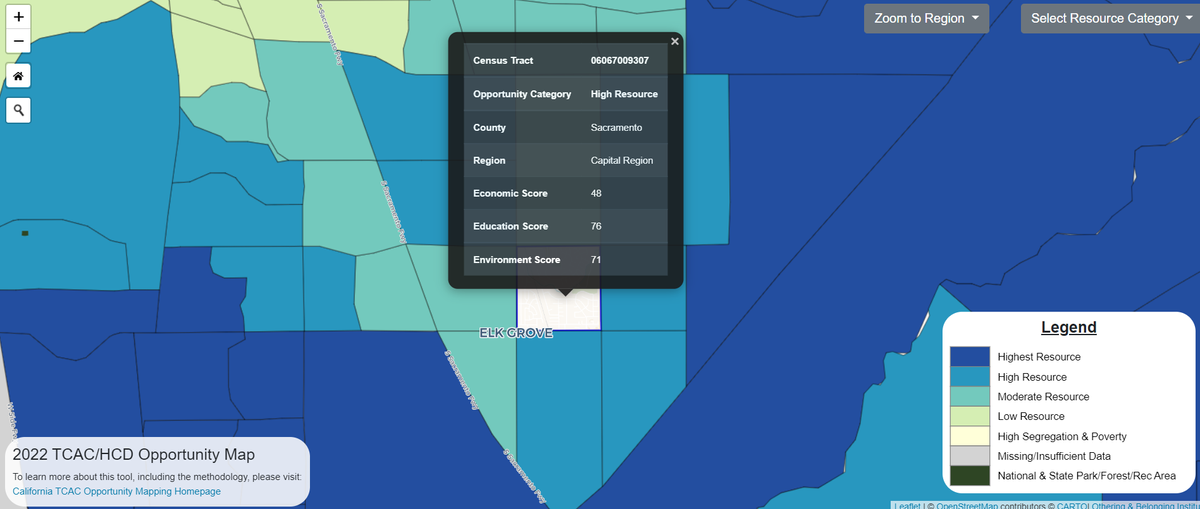State of California to Elk Grove – Denial of Oak Rose supportive housing project broke state fair housing laws



The one hope for Rep. Kiley is the lawsuit currently underway seeking to reverse Proposition 50

Among the conduct cited by the commission were instances in which Judge Wolfe ordered court employees to appear personally before her and threatened one with monetary sanctions.

The timing and substance of the email suggest an incumbent being forced to actively counter a potent establishment-versus-the-people narrative being pushed by Ms. Vang.

Elk Grove Police assisted in the operation